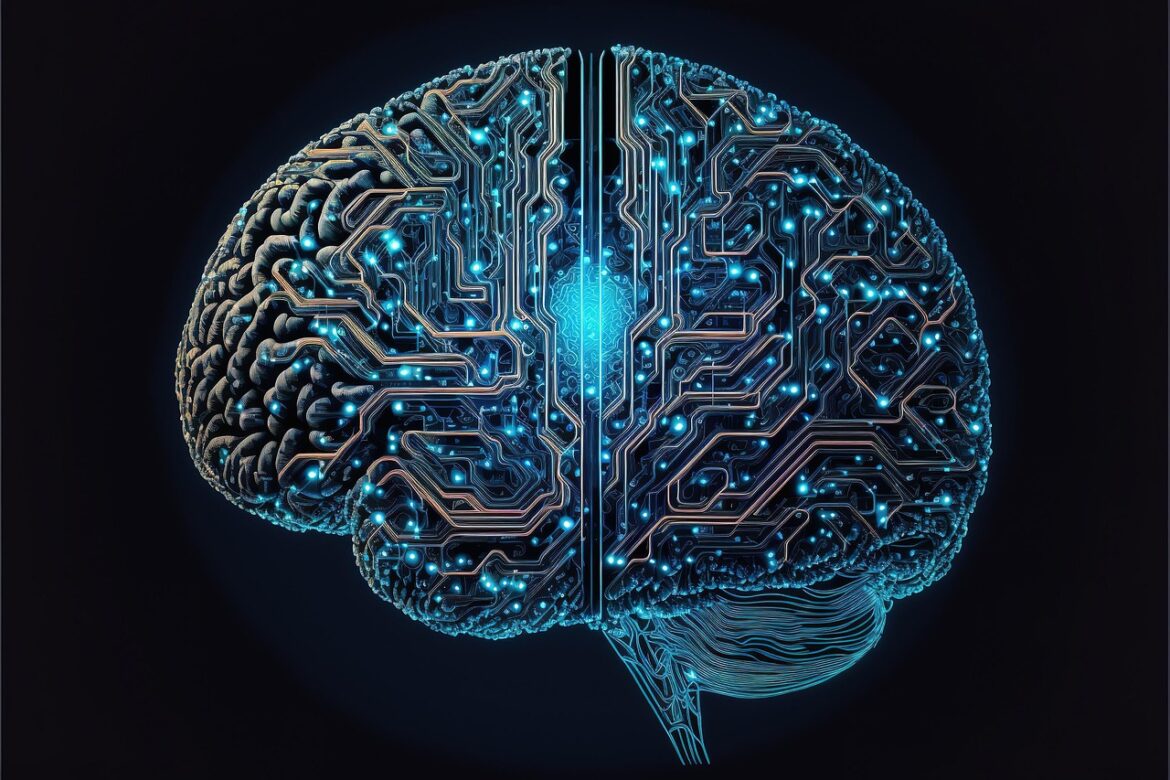Mental health has become a central part of our public conversation, especially since the pandemic. With increasing rates of mental illness, there is a growing interest in new technologies and treatments. Here are some of the most exciting trends in mental health today:
Artificial Intelligence in Clinical Care
Imagine walking into a therapist’s office and being greeted not just by a human but also by a sophisticated AI system designed to enhance your therapy sessions. This is the future of mental health care, where AI can help identify anxiety symptoms through subtle behaviors like nail biting or hand tapping. AI can also assess therapists’ competencies, creating a more conducive environment for clients. While AI won’t replace human therapists, it will certainly play a more significant role in mental health training and treatment.
Psychedelics as Medicine
Psychedelics, once considered taboo, are now being scientifically explored for their potential in treating mental health disorders. Research suggests that substances like psilocybin and LSD could offer breakthroughs in treating conditions like depression and PTSD. The key is understanding how these substances interact with the brain to produce therapeutic effects.
Trauma-Informed Care
Recognizing the impact of trauma on mental health has led to the development of trauma-informed care. This approach focuses on understanding the individual’s experiences and creating a safe, supportive environment for healing. It’s not just about treating the symptoms but about addressing the root causes of trauma to prevent further harm.
Blood Tests for Mental Health
Imagine having a simple blood test that could help diagnose mental health conditions. This is the promise of new research into biological markers that could revolutionize how we diagnose and treat mental illnesses. No longer would diagnosis rely solely on subjective symptoms; instead, it could be supported by objective biological evidence.
Childhood Verbal Abuse and Mental Health
A new study highlights how verbal abuse in childhood can alter brain development, leading to increased risks of anxiety, depression, and relationship difficulties later in life. This research emphasizes the importance of preventing verbal abuse to improve long-term mental health outcomes. It shows that harsh words are not harmless and can have lasting impacts on mental health.
Expert Insights
Experts in the field emphasize the need for a holistic approach to mental health, combining traditional therapies with new technologies and treatments. The future of mental health care is not just about treating illnesses but about preventing them through early intervention and community support.
Real-Life Implications
These trends are not just about research; they have real-life implications. For instance, AI can help people access mental health services more easily, while psychedelics could offer new hope for those who haven’t responded to traditional treatments. Understanding trauma helps create more compassionate communities, and addressing childhood verbal abuse can prevent mental health issues from developing in the first place.
Conclusion
Mental health trends are evolving rapidly, driven by technological advancements and growing awareness of mental health issues. As we move forward, it’s crucial to embrace these developments while ensuring they are accessible and beneficial to everyone. Whether it’s AI, psychedelics, or trauma-informed care, each trend offers a new path towards better mental health outcomes for individuals and communities alike.
What Does the Future Hold?
The future of mental health care is promising, with a focus on prevention, accessibility, and innovation. As we continue to explore new treatments and technologies, one thing is clear: mental health matters, and it’s time we treat it with the seriousness and compassion it deserves.
References:
- https://halomentalhealth.com/b/mental-health-trends
- https://www.who.int/health-topics/mental-health
- https://www.psypost.org/exclusive/mentalhealth/
- https://jamanetwork.com/journals/jamapsychiatry
- https://www.psychiatry.org/news-room/news-releases
- https://acf.gov/orr/policy-guidance/unaccompanied-children-program-policy-guide-section-5
- https://mental.jmir.org
- https://clubhouse-intl.org/get-involved/careers/



